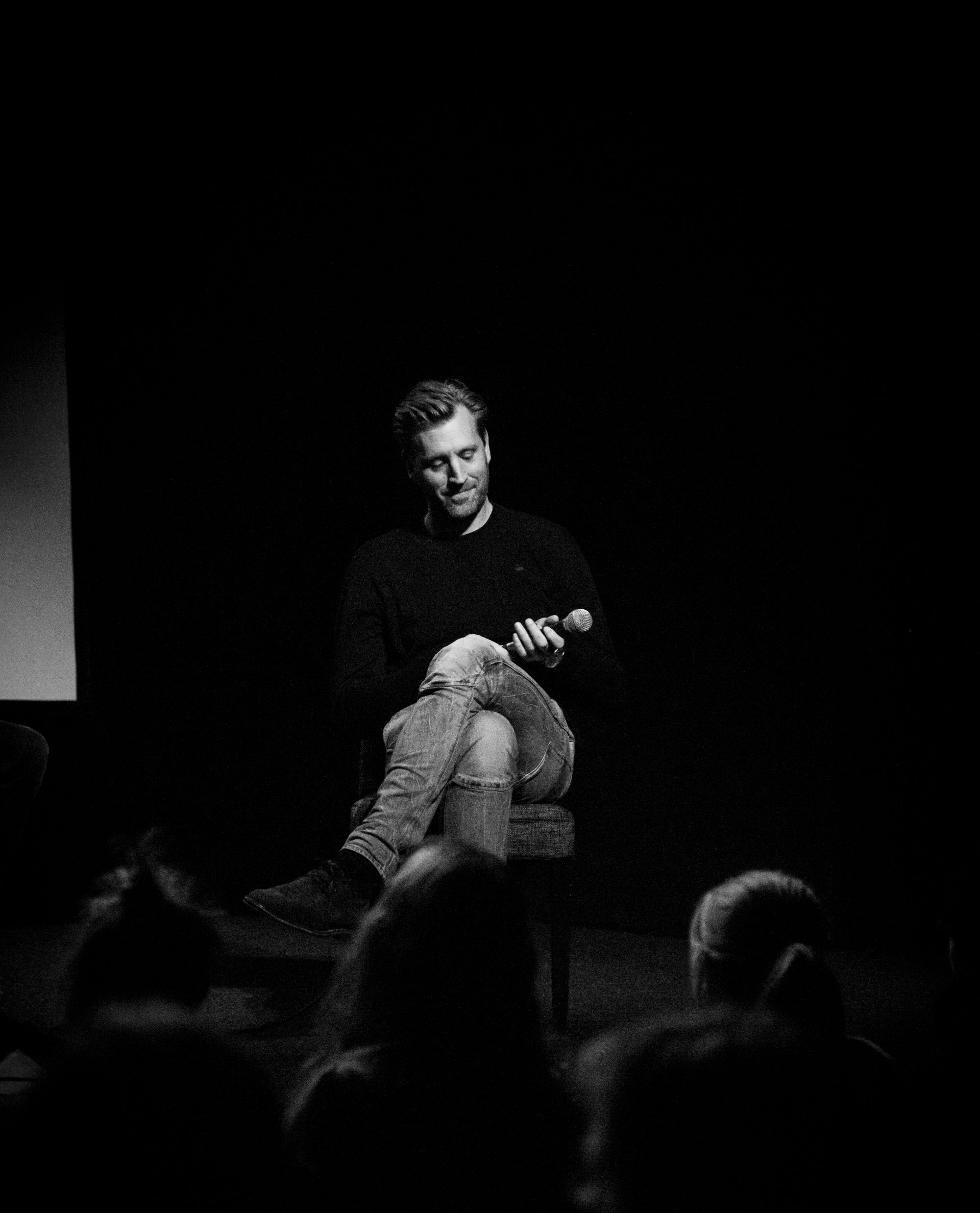Cyber warfare. Wikileaks. Counterattacks.
It almost sounds like a videogame. But what lies beneath is a definite expression of how power balance in society has altered form . The political establishment, meaning parliamentary politics, has a rhetorical ground in ”representing the public” due to western definitions of democracy. Patent for this claim is now out in the open and Wikileaks doesn´t even have to express the claim, it is embedded in its whole idea of helping ordinary citizens to gain access to backstage activities, to reveal and make abuses of power, and recently also diplomatic classified material, public.
However, when going through the latest weeks of news reports, weblogs and forums, discussing Wikileaks – it seems as if the spotlight is increasingly on the need for and handling of sources; the leak for Wikileaks. Let me put the importance of leaks in a theoretical argument.
One can apply a simplified version of thought from Darwin’s theory of survival of the fittest, on to present society. If today’s motives, reasons for survival are often expressed through financial discourses and there are economic and political interests behind developments, it automatically rises a distance between citizens and the political power. The paradox is then only that Darwin’s ”strongest” literally become synonymous with political powers, while the symbolic strength lies in the people, the citizens. One bridge between selfmade political elites and the public can be terms of transperancy and flow of information.
For every journalist the relation and usage of sources is fundamental. Leaks, individuals who supply information with different purposes, have often had to pay a steap price for their actions, and political power often express the danger of this.
But what if no one told? What if the freedom of speech is not appropriated as the free democratic sociey expects? When political powers are in position to define what is true or not, and journalists have to rely on their truth claims – we have taken a step back in the history of information and communication.
Human leaks, as being widely discussed recently surrounding Wikileaks, can of course be both controlled and influenced by other interests. But it may also be people placed at the bottom of society, which rises and calls for transparency of power, the power that is so far away at first sight. It doesn’t necessarily need to be so.
But in order to reduce this distance between rulers and citizens, it requires an audit, scrutiny, transparency, and a willingness and trust in the word. The truth, namely the will to find it, will then be the trigger mechanism for every individual to experience their own survival as a strong and vital citizen.
